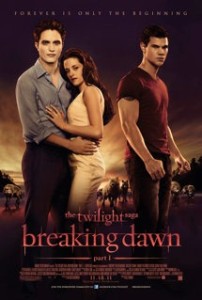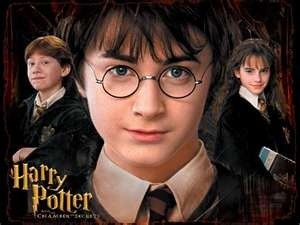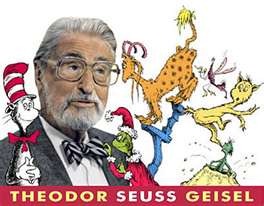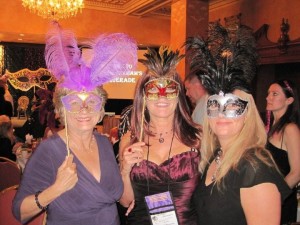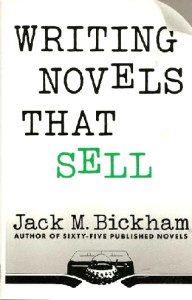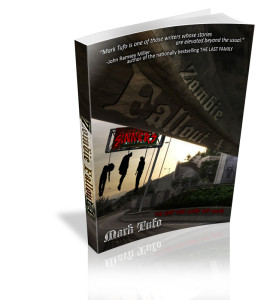I’m speaking on several panels at two upcoming conferences. One of the topics concerns morality in mysteries, and how fractured relationships might lead to the crime when the criminal gives in to his baser instincts. Hmm, this isn’t something I’ve thought about much up until now. I write my tales to entertain. Might there be a morality lesson in there somewhere?
Certainly, the Bad Hair Day series as a whole has a moral or a theme, if you will. I see the two as one and the same. So here’s one moral you can take away from my books: You can move on from past mistakes. Redemption is the theme here. When the series starts, Marla—my hairdresser sleuth—is still atoning for a tragedy that happened when she was nineteen. A toddler in her care when she was babysitting drowned in the backyard pool. Guilt drives her. It motivates her to solve the crime in Permed to Death. But when she meets handsome Detective Dalton Vail, this guilt prohibits her from progressing in their relationship. He has a teenage daughter, and she doesn’t ever want children. She has to forgive herself before the future can blossom for her.
So here’s another lesson she learns: You can still be a good person even if you’ve done wrong. The accident that happened in the past wasn’t really her fault, but she blames herself. Deep down, she knows she is a good person. She strives to be better and solving mysteries is one way she does this. She also volunteers for the Child Drowning Prevention Coalition.
As Marla and Dalton grow closer, Marla comes to care for his daughter, Brianna. Their relationship still has its bumps, because Dalton also has some past baggage to let go before he can move ahead. But finally, by Shear Murder, Marla has accepted that she’s stronger with Dalton and Brianna for a family. Wait! Another moral is coming: Finding love can strengthen you, not cause dependency.
But Marla is still nervous. As their nuptials approach, she buries herself in solving another case rather than face wedding details and bickering relatives. Finally, she finds the courage to accept her new family with enthusiasm and love. She sheds her fears and looks forward to a new tomorrow. So here we go again: No matter how glum today looks, tomorrow is a better day.
I guess you could say that the morals in my stories involve my sleuth and her character growth. The focus isn’t on the criminal and how he evolved, or what effect the crime has on the victim’s family or on society in general. My cozy whodunits are centered around the sleuth and her life, not on the crime. That’s why I like reading cozies, too. They’re about someone like you or me who is a lot braver and who has the guts to chase down the bad guy. Along the way, we live vicariously in her world and see how her relationships grow and change.
How about you? Do you consciously determine the theme ahead of time, or does it emerge from your writing as you develop the story? Do your tales focus on the criminal’s motivations and the repercussions of the crime, or more on the sleuth’s life in general?




